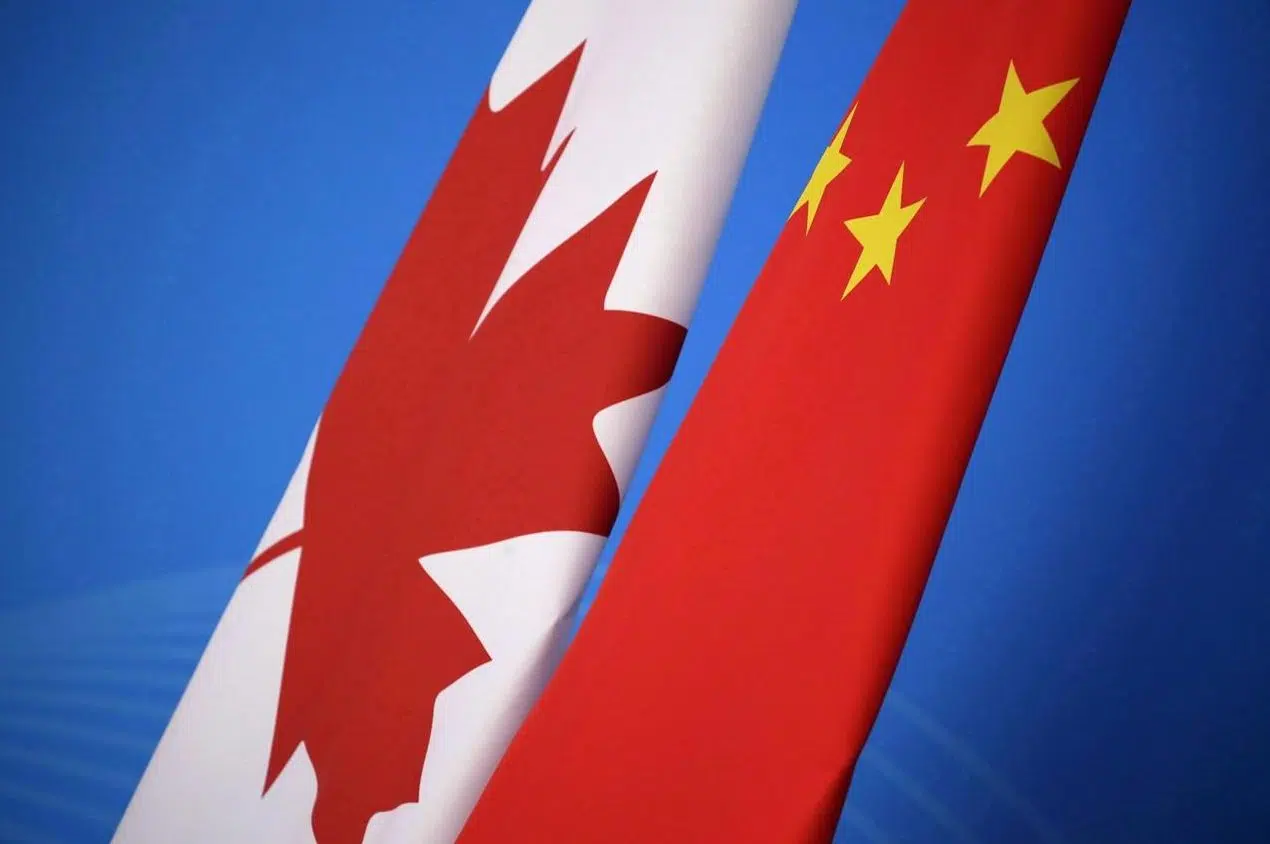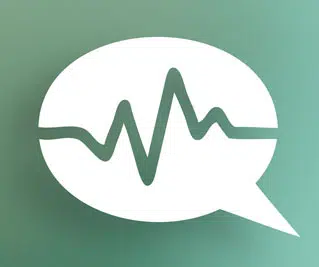OSAKA, Japan — Prime Minister Justin Trudeau has arrived in Osaka, Japan for the G20 leaders’ summit, with a contact between Chinese fighter jets and Canadian ships in the Taiwan Strait adding a new tension between the two countries.
Chinese fighter jets reportedly buzzed a Canadian warship in the strait earlier this month, which one analyst expects will become more common.
Trudeau is hoping for progress, or at least fresh support from other countries, in Canada’s disputes with China over agriculture products and China’s arrests of two Canadians in apparent retaliation for Canada’s detention of a Chinese high-tech executive on an extradition warrant from the United States.
The incident at sea was reported by Matthew Fisher of the Canadian Global Affairs Institute, who was aboard HMCS Regina on June 18 when the two Chinese jets flew within 300 metres of the frigate.
Canada’s Defence Department says the Regina and the navy’s interim resupply ship, MV Asterix, were travelling in international waters from Vietnam to the coast of North Korea.
And it says the decision to transit the strait between mainland China and Taiwan was not intended to send a message, but simply represented the most practical route for the vessels.
China has nonetheless taken issue in the past with foreign warships travelling in the strait.
Adam MacDonald, deputy director of the Centre for the Study of Security and Development at Dalhousie University, predicts such incidents will become more common as Canada increases its military presence in Asia and China tries to assert more control over the region.
Trudeau has no meeting with China’s President Xi Jinping at the summit to do this but U.S. President Donald Trump committed to raising the detentions of Michael Kovrig and Michael Spavor during his own meeting with the prime minister in the Oval Office last Thursday.
Trudeau will also lean on like-minded allies that have already spoken out about the detentions, including France, the U.K., Germany and Spain.
On Friday, Trudeau will meet with European partners to discuss a range of issues such as climate change, though the diplomatic issue with China is expected to be raised.
Earlier this month, Trudeau also discussed the detentions with U.K. Prime Minister Theresa May and French President Emmanuel Macron on the sidelines of D-Day commemorations, according to the Prime Minister’s Office.
Prior to the G20, experts including Canada’s former ambassador to China David Mulroney said Canada could use the forum provided at the summit to speak to other leaders who face similar challenges with China.
“It is in America’s interest and it is in the interest of a lot of other countries to see China pull back from hostage diplomacy and bullying,” Mulroney said in an interview.
The arrests of Michael Kovrig and Michael Spavor are widely viewed as a response to the December arrest of Huawei chief financial officer Meng Wanzhou in Vancouver.
Wanzhou remains under house arrest, where she resists extradition to the U.S. to face allegations of fraud in violating Iran sanctions.
Ahead of the G20, China renewed its demand for her release a day after announcing a suspension of all imports of Canadian meat products.
Foreign ministry spokesman Geng Shuang told reporters at a daily briefing on Wednesday that Canada should “take seriously China’s concerns” and release Meng immediately.
In response, a spokesman for Foreign Affairs Minister Chrystia Freeland said when it comes to the Meng extradition request, Canada has “very carefully and intentionally abided by its extradition-treaty commitments in accordance with the rule of law.”
“There has been no political interference in this case, it has been entirely about officials taking decisions according to Canada’s commitments,” press secretary Adam Austen said.
“When it comes to China, our government’s priority is the welfare of Michael Kovrig and Michael Spavor, who have been arbitrarily detained. We have rallied an unprecedented number of partners around in the world in support of Canada’s position.”
Days after Meng’s arrest on Dec. 1, China responded by detaining the two Canadians and resentenced another to death after he had already been sentenced for a drug conviction — moves perceived as attempts to apply pressure for her release.
Meng’s arrest also sparked a diplomatic chain of events that have resulted in strained relations between China and Canada.
The Chinese have refused to talk to senior Canadian government officials, including Trudeau and Freeland.
Before its actions on meat, China stopped importing other Canadian products including canola, of which is has been a major buyer.
Kristy Kirkup and Lee Berthiaume, The Canadian Press







